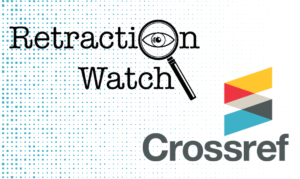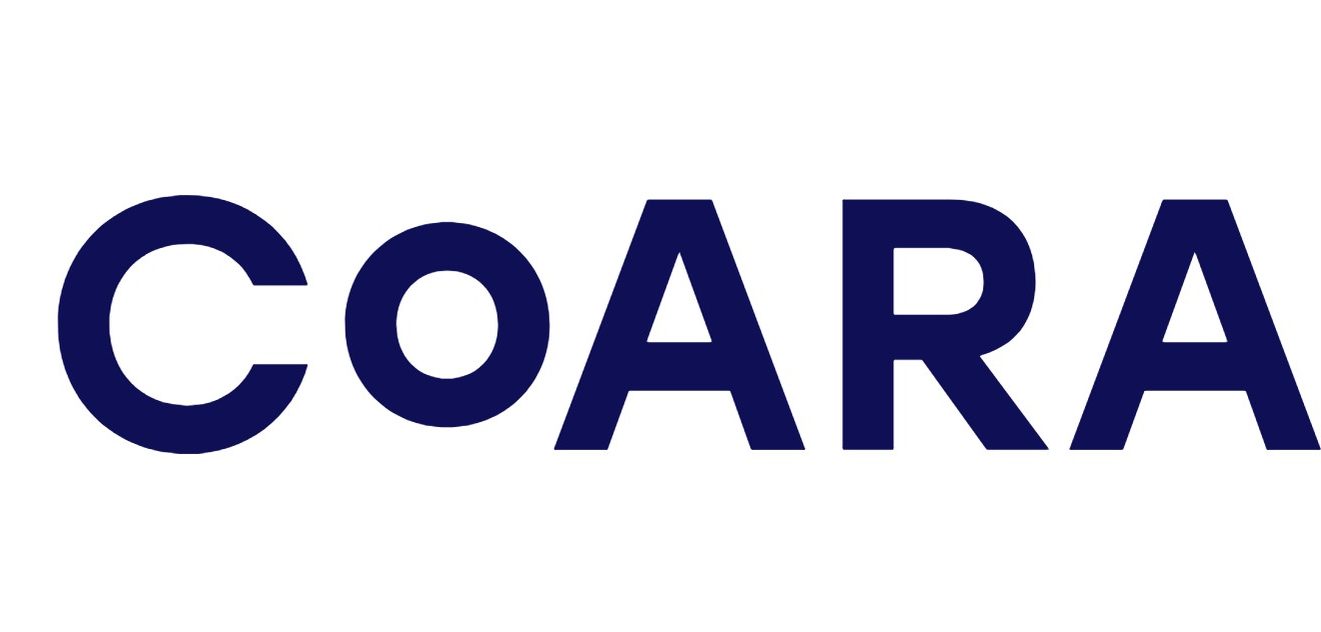Data from the Retraction Watch database is now more widely accessible
The Center for Scientific Integrity (CSI) and Crossref have come to an agreement to make the Retraction Watch database an open access public resource. The aim of this agreement is to combine, publicly distribute and provide access to data on over 40,000 retracted research articles. This means publishers can now register their retraction notices directly with Crossref.
Crossref provides funding to ensure the maintenance of the tool and enable the CSI to dedicate new resources to enriching the database.
This new development complies with the objectives of the National Plan for Open Science insofar as it enhances the transparency and the circulation of information on worldwide scientific publications. It helps clarify the status of articles and thus represents an improvement in the global knowledge graph. The next step should be to systematically integrate this information into the environment of researchers and for readers in general. The free bibliographic management software Zotero already offers a function for reporting retractions which enhances the information offered to its users and other bibliographic tools could do likewise. Scientific search engines, citation databases and publishing platforms could also systematically provide data on retractions.
Scientific literature contains many ‘zombies’ in its bibliographies (on this subject, you can read “On zombies, struldbrugs, and other horrors of the scientific literature“). In the long term, it would be useful for publishing platforms to indicate any cited articles that have been retracted since publication in the references listed in their articles and books. This would enable information on retractions to be disseminated much more universally.





